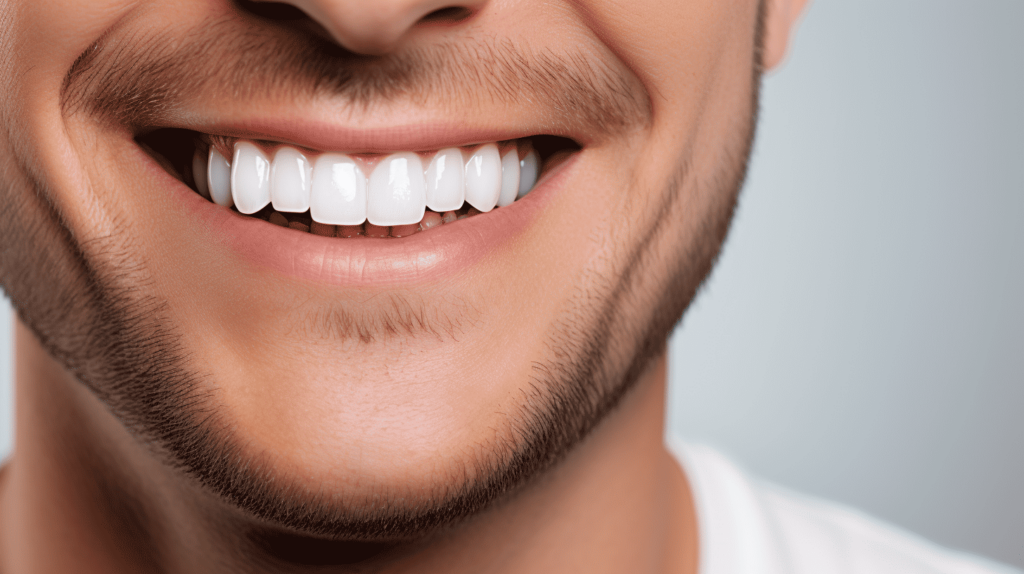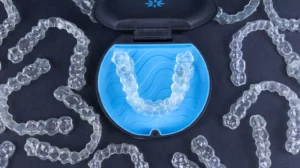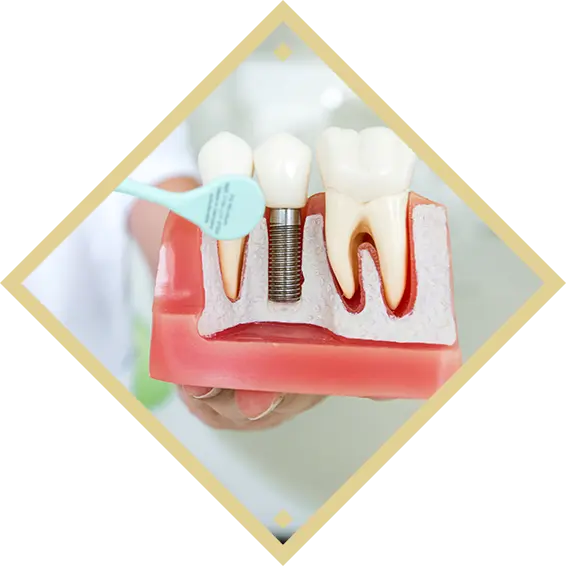Teeth whitening has become a popular cosmetic procedure, and among the array of products available, whitening strips stand out for their ease of use and accessibility. However, concerns linger about their potential impact on dental health. In short, while whitening strips can be effective for brightening your smile, they do carry some risks if not used correctly. So, are whitening strips truly detrimental to your teeth? Let’s explore the intricacies of this question.
What are Teeth Whitening Strips?
Teeth whitening strips are a common over-the-counter option for enhancing the brightness of one’s smile. These strips are typically made of thin, flexible plastic and coated with a peroxide-based gel. They’re designed to adhere to the surface of the teeth, conforming to their shape for effective whitening. Available in various strengths and formulations, they usually require daily application for a designated period, often ranging from 30 minutes to several hours.
How do Teeth Whitening Strips Work?
The primary active ingredients in whitening strips are hydrogen peroxide or carbamide peroxide. These chemicals work by infiltrating the enamel, the outer layer of the teeth, and dismantling stains at a molecular level. As the stains break down, the teeth appear lighter and brighter. With consistent and proper use, users typically experience gradual but noticeable improvement in their smile’s appearance.
However, it’s important to note that while these chemicals effectively whiten teeth, they can also have implications for dental health, particularly if not used correctly.
Are Teeth Whitening Strips Safe for Tooth Enamel?
The safety of teeth whitening strips largely hinges on their impact on tooth enamel. Enamel is the protective outer layer of the teeth, shielding them from damage and decay. While enamel is robust, it’s not impervious to harm, especially when exposed to harsh chemicals or abrasive substances.
When used as directed, most whitening strips are considered safe for enamel. The concentration of peroxide in these products is typically within a range that minimizes the risk of enamel erosion or damage. However, prolonged or excessive use can compromise enamel integrity, leading to increased sensitivity and vulnerability to decay.
To mitigate potential risks, it’s crucial to adhere strictly to usage instructions, avoiding overuse or prolonged application. Additionally, consulting with a dentist before beginning any whitening regimen can help ensure personalized guidance and minimize adverse effects.
What are the Side-effects of Teeth Whitening Strips?
Despite their effectiveness, teeth whitening strips may entail certain side effects, particularly with improper use or overuse.
Tooth Sensitivity:
The most common side effect is tooth sensitivity, which occurs when the peroxide penetrates the enamel and irritates the nerves within the teeth. This sensitivity is usually temporary, but it can be uncomfortable for some individuals.
Gum irritation:
It is another potential side effect, especially if the strips come into contact with the gums during application. To minimize this risk, it’s essential to carefully apply the strips, ensuring they remain solely on the tooth surface.
Moreover, overuse or misuse of whitening strips can result in uneven whitening or blotchy appearance, detracting from the desired outcome. Following recommended guidelines and being mindful of usage frequency can help prevent such outcomes.
Remedies to Whiten Your Teeth at Home
While teeth whitening strips offer a convenient option for enhancing dental aesthetics, there are alternative methods to achieve a brighter smile at home:
1. Baking Soda and Hydrogen Peroxide Paste:
Combining baking soda with hydrogen peroxide forms a natural whitening paste. Gently brushing with this mixture can help lift surface stains and brighten teeth over time.
2. Oil Pulling:
Swishing coconut oil in the mouth for 15-20 minutes can help remove bacteria and plaque, contributing to a cleaner, brighter smile.
3. Eating Crunchy Fruits and Vegetables:
Incorporating crunchy fruits and vegetables into the diet, such as apples and carrots, can help scrub away surface stains and promote oral health.
4. Limiting Stain-causing Foods and Beverages:
Reducing consumption of stain-causing foods and beverages, like coffee and red wine, can prevent discoloration and maintain a whiter smile.
Transform Your Smile Today: Schedule a Consultation with Dr. Joseph Stan
Ready to achieve a brighter, healthier smile?
With personalized advice and expert care, Dr. Joseph can help you navigate the world of teeth whitening safely and effectively. Don’t wait any longer to achieve the smile of your dreams – take the first step towards a brighter future for your dental health.










